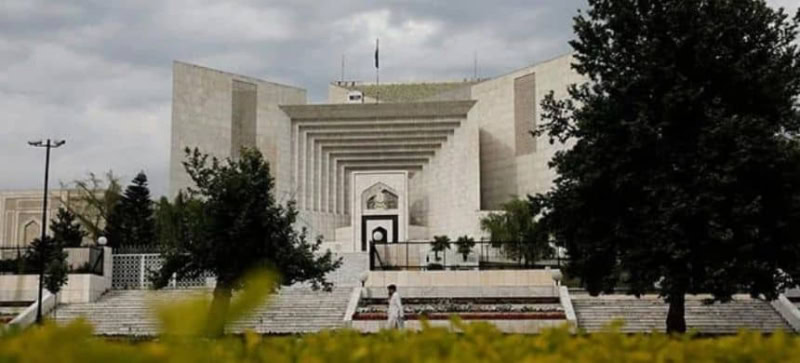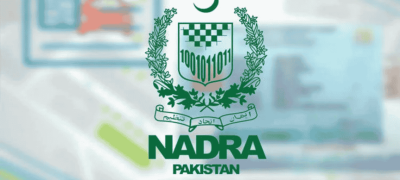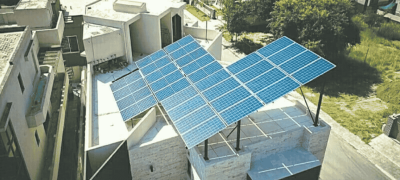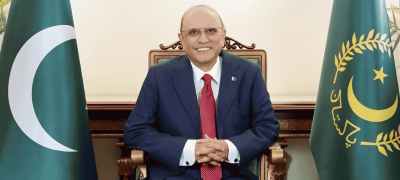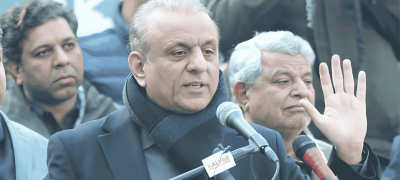The Supreme Court will announce its verdict on the reserved seats case involving the Pakistan Tehreek-e-Insaf (PTI)-backed Sunni Ittehad Council (SIC) on Friday (tomorrow).
A second consultative meeting was chaired by Chief Justice Qazi Faez Isa, with all 13 judges of the full court in attendance. The full court deliberated on the Sunni Ittehad Council’s reserved seats for nearly two hours on Wednesday.
Read more: Supreme Court Hears SIC Plea On Reserved Seats Denial
Attendees included Justice Syed Mansoor Ali Shah, Justice Muneeb Akhtar, Justice Yahya Afridi, Justice Aminuddin Khan, Justice Jamal Khan Mandokhail, Justice Muhammad Ali Mazhar, Justice Ayesha A. Malik, Justice Athar Minallah, Justice Syed Hassan Azhar Rizvi, Justice Shahid Waheed, Justice Irfan Saadat Khan, and Justice Naeem Akhtar Afghan.
SIC counsel Faisal Siddiqui argued that the Election Commission (ECP) had not fulfilled its responsibility. He stated this as soon as the court resumed hearing on the SIC’s plea regarding reserved seats for women and minorities. “I will take 15 minutes to argue my point,” he added.
Advocate Siddiqui contended that the ECP claimed the SIC did not participate in the elections and did not submit the list of candidates for reserved seats. He pointed out that the Balochistan Awami Party (BAP) did not win any seats in 2018 but still received three reserved seats, accusing the ECP of a prejudiced response regarding the BAP election.
He raised this issue before the ECP before moving to the Supreme Court, adding that the ECP’s claim was contrary to its own documents. “Isn’t it a distortion of facts?” he questioned.
Justice Mandokhail asked whether the ECP decision was in accordance with the Constitution, to which Siddiqui replied that it was according to the law in 2018. Justice Minallah inquired whether the ECP decision on the BAP reserved seats was challenged. Siddiqui stated the ECP should have admitted its mistake but acted as if the BAP decision did not exist.
Justice Saadat questioned whether the BAP participated in the Khyber Pakhtunkhwa elections. Siddiqui replied that it contested the election but did not win a seat. Justice Saadat remarked that the SIC case was different since the SIC did not participate in the elections. He asked the lawyer to argue now and provide a detailed answer later.
Justice Mandokhail highlighted the difference between a political party and a parliamentary party, stating that parliamentary party decisions are independent of political party decisions. Siddiqui agreed with this point.
The court burst into laughter when Justice Mandokhail called the name BAP (father) weird.
Justice Mandokhail questioned what would happen if a party won seats in three provinces but not in one. Siddiqui replied that BAP won seats in other provinces but not in Khyber Pakhtunkhwa.
The chief justice asked Siddiqui whether he wanted the Supreme Court to take judicial notice of the 2018 election anomaly. Siddiqui submitted that the court should consider the discriminatory attitude of the ECP.
Chief Justice Isa questioned whether the ECP was right in 2018 and whether the Supreme Court was bound by the ECP’s interpretation. He added that he did not want to embarrass Siddiqui but asked if the 2018 elections were right.
The bench has to decide whether reserved seats will be given to the SIC, other parties, or sent to parliament to decide.
This was the eighth hearing on the SIC plea. The ECP believes the SIC is not entitled to reserved seats, with the PML-N, PPP, and JUI-F also opposing the SIC petition for reserved seats for women and minorities.
Justice Athar Minallah previously remarked that it is the judiciary’s responsibility to correct mistakes committed by the Election Commission of Pakistan (ECP), which unconstitutionally denied a political party’s right.


